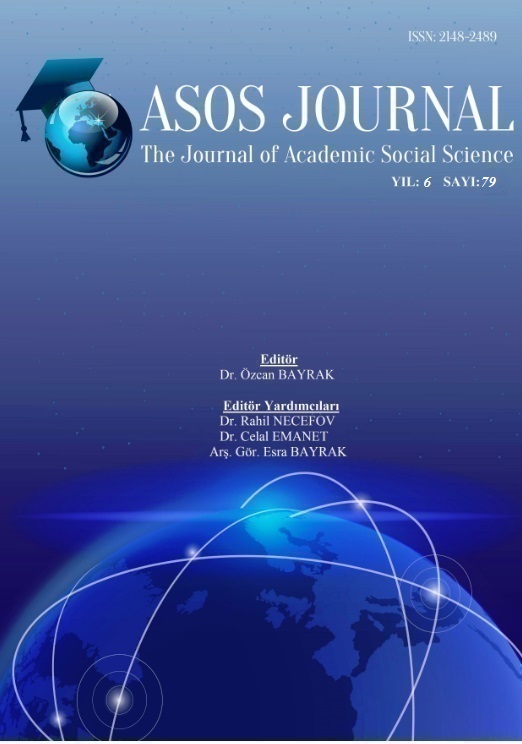Author :
Abstract
Bu çalışmanın amacı 1250-1517 senelerinde hüküm süren Memlûk Devleti sultanları tarafından uygulanan usûl ve gelenekler çerçevesinde resmî saray hayatın tasvirini yapmak, bu vesileyle Türk Devletlerinin teşkilat bağlamında birbirlerine tesir ettikleri sonucuna varmaktır. Resmî saray hayatı, bir devlet ve yönetim söz konusu olduğunda yönetim merkezi ve etrafında teşkilatlanmış yapı olarak tanımlanabilir. Bu teorik çerçeve, yönetimin tüm katmanlarını kapsaması itibariyle vazifelendirilen ümerâ ile bilgi üreten ehl-i kalemi de içermektedir. Memlûk devlet-toplum anlayışının temelini teşkil eden asker-yönetici teorisine göre yönetici sınıf, ehl-i seyf yani kılıç ehli olarak addedilmiştir. Memlûk Devleti sultanlarının adet ve geleneklerine bakıldığı zaman açıkça görülmüştür ki Memlûk Devleti kendinden önceki Türk Devletleri teşkilâtlarını devam ettirmiştir. Dolayısıyla resmî hayat, Memlûk Devleti’nde aynı fizikî çevrede hüküm sürmüş olmaları itibariyle bilhassa Eyyûbî Devleti’nden etkilenilerek uygulanmıştır. Çalışmamızda uygulamaya yönelik törenler tespit edilmekle birlikte Memlûk devleti sultanlarına münhasır adetler ortaya konulacaktır.
Keywords
Abstract
The aim of this study is to portray the official life within the framework of the methods and traditions practiced by the Mamluk State administrators in the 1250-1517 years, thus reaching the conclusion that the Turkish States influence each other in the organizational context. In the case of official life and government and administration, it can be defined as a structure organized around and around the administrative center. This theoretical framework also includes the writers who produce information and the orders that are covered by all the layers of the management. According to the military-manager theory, which forms the basis of Mamluk state-society understanding, the ruling class was regarded as sword-possessing. When the traditions and customs of the rulers of the Mamluk State are examined, it is clear that the Mamluk State has maintained its previous organizations of the Turkish States. Therefore, the official life was influenced by the Ayyubid State especially as they had prevailed in the same physical environment in the Mamluk State. In our work, the ceremonies for the implementation will be determined and exclusive customs will be revealed to the administrators of Mamluk State.
